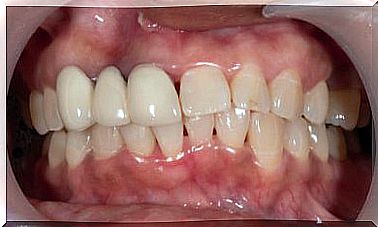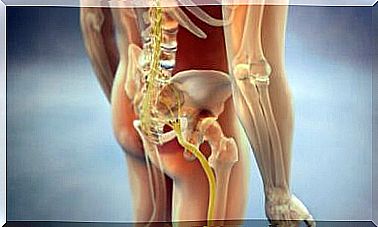4 Signs That Indicate Bowel Perforation
Since bowel perforation can have dire consequences due to the passage of fecal matter into the body, it is essential to go to a specialist for immediate help
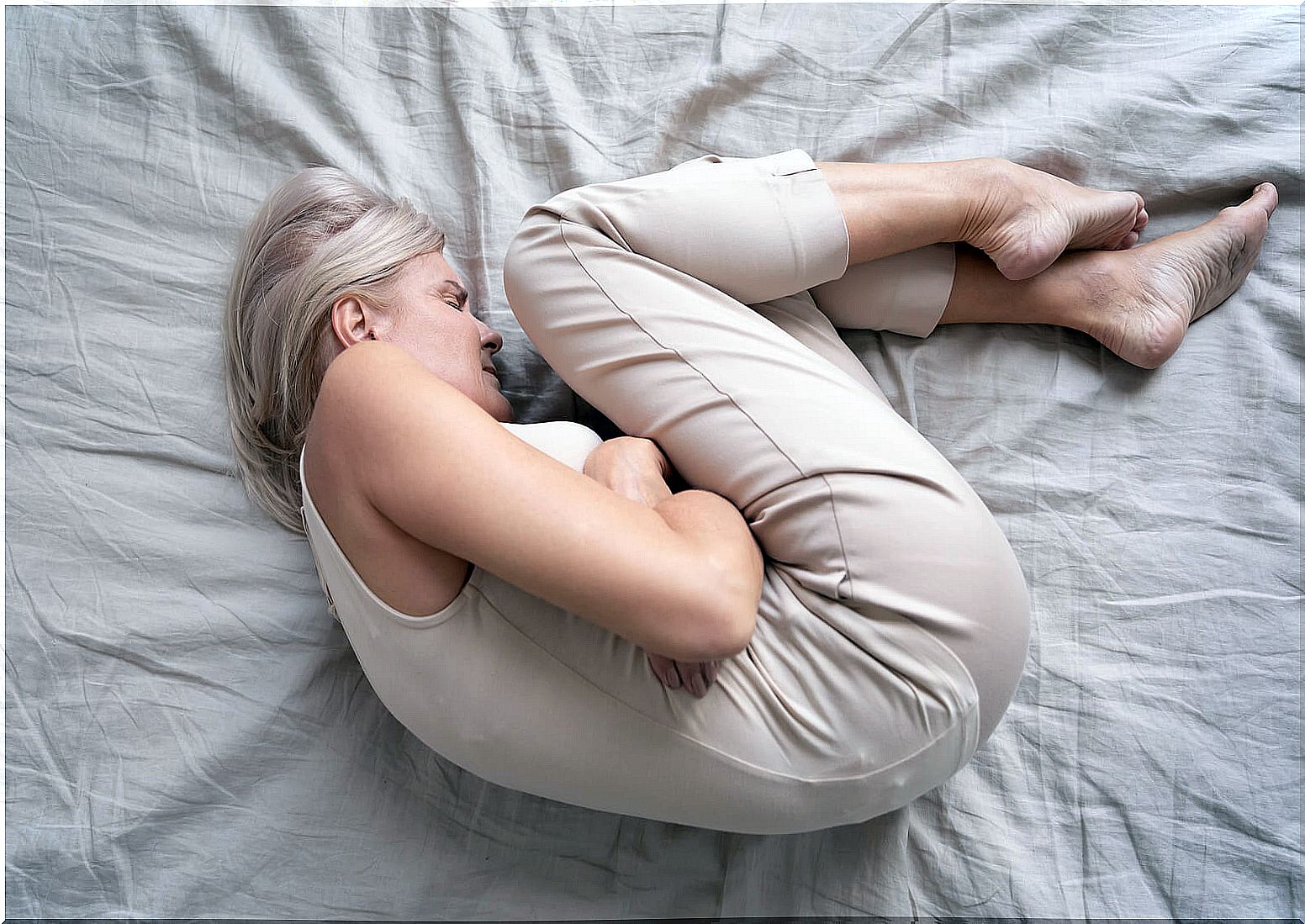
A perforation of the intestine usually occurs when a break or hole appears in its walls. Hence, its symptoms can manifest with fever, severe abdominal pain, nausea and vomiting, and even exhaustion. When this happens, the contents of the intestine empty into the abdominal cavity and cause general sepsis. That is, a blood poisoning and inflammation of the abdomen.
We must not forget that in any case, at the slightest symptom, it is always recommended to go to a specialist.
In this article we will treat this problem in depth indicating its possible causes, symptoms and some tips to prevent it. Keep reading!
Who is most susceptible to bowel perforation?
Experts indicate that people with ailments such as irritable bowel, fibromyalgia, or mood problems may be more susceptible to bowel perforations.

Also, those who suffer from diseases such as:
- Cancer.
- Ulcers.
- Appendicitis.
- Diverticulitis
- Gallstones
- Ulcerative colitis or Crohn’s disease.
Other causes of a bowel perforation
In addition to the diseases mentioned above, some other causes of care that can lead to intestinal rupture or perforation may be indicated.
Intestinal obstruction
When there is an obstruction in the intestines, they lose their regular mobility and become overloaded. This can lead to a break in the intestinal walls, as the experts at Medline Plus confirm.
Abdominal trauma
These injuries are generally the result of a car accident. In this case, you have to be attentive to the symptoms and perform diagnostic tests. Also, traumatic injuries to the abdomen can lead to perforation of the intestine.
Colonoscopy
Although in less frequent cases, colonoscopy can represent a cause of perforation of the intestine. In this medical exam, the colon is examined by inserting a camera through the rectum. If necessary, polyp material is removed from the walls of the colon for biopsies to rule out cancer. If the procedure is done poorly it can lead to a rupture of the colon walls.
These are the main causes of a ruptured intestine. The most common and main ones are Crohn’s disease and diverticulitis. Both conditions are serious and must be given adequate care so that the body does not present complications that can further compromise the health of the person.
4 signs that indicate that you are suffering a bowel perforation
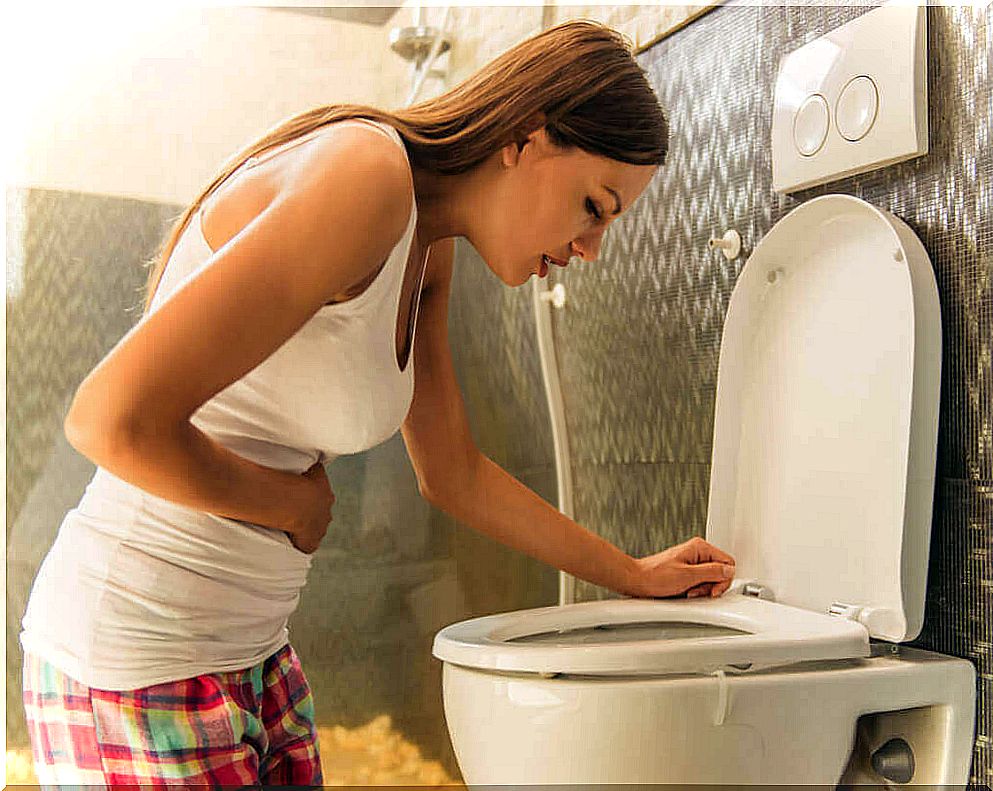
It is very important to know what the symptoms of a bowel perforation are in order to seek medical help immediately. These are some of the signs to watch out for:
1. Abdominal pain
Severe abdominal pain is one of the most characteristic symptoms of this condition, although sometimes there are patients who have reported mild abdominal pain. In any of the cases it is better not to ignore it and go to a specialist doctor.
2. Abdominal bloating
In addition to the annoying pain, abdominal bloating is another symptom. It presents as an abnormal and persistent swelling in the abdomen, accompanied by a feeling of being full.
3. Fever and nausea
Fever can be one of the most recurrent symptoms in these patients, especially if sepsis or infection occurs. The temperature can be above 39 ° C (102 ° F). In turn, it can be accompanied by chills.
4. Constipation or diarrhea
Constipation or diarrhea are also common symptoms. In any case , attention should be paid to the color of the stools, as they may be bloody or dark, becoming black.
Treatment for bowel perforation
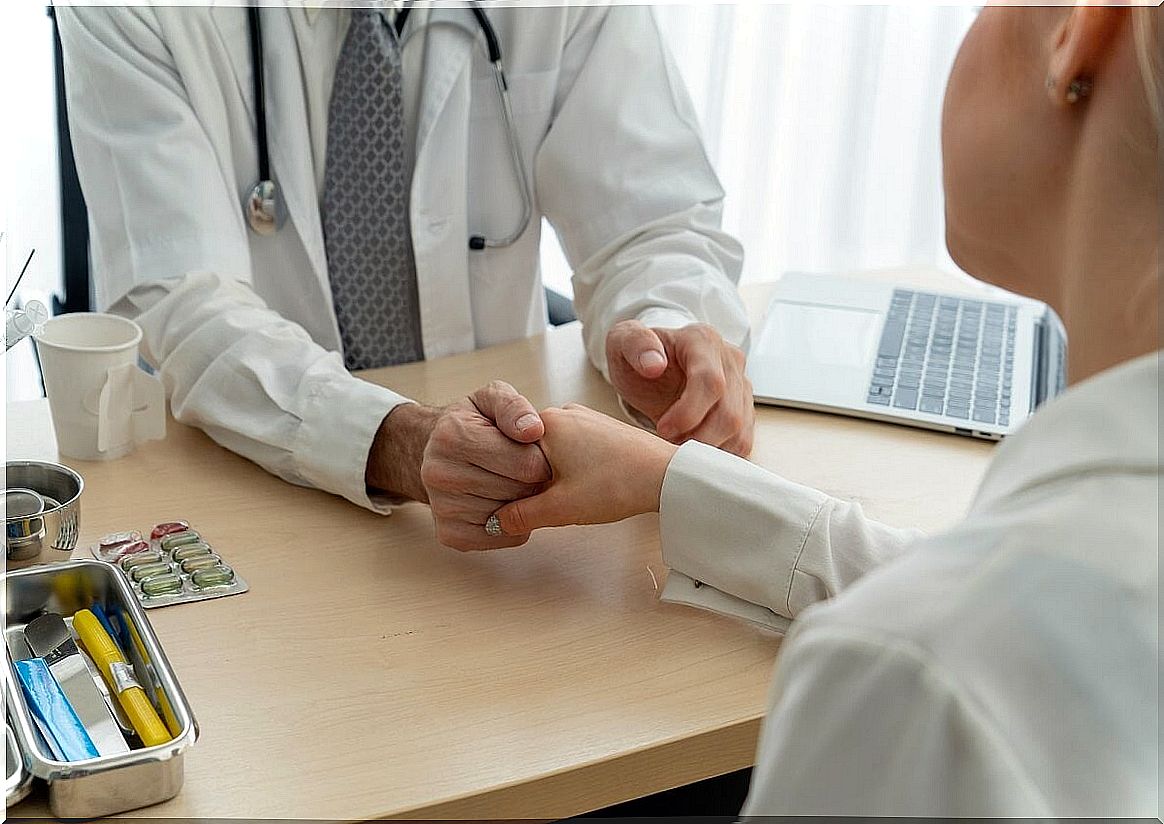
Due to the severity of this disease, the indicated treatment is abdominal surgery. In this procedure, the hole is repaired and the abdominal cavity is cleaned. The patient is treated with broad-spectrum antibiotics to overcome infection or sepsis.
To reduce the risks of suffering an intestinal perforation you must take into account the following:
- Eat a diet rich in fiber.
- Avoid gluten, as it is linked to imbalances in the intestine.
- Drink at least 8 glasses of water a day.
- Decrease your intake of dairy and sugars, since both foods promote the proliferation of bad bacteria in the intestines.
- Avoid artificial sweeteners, foods with preservatives and additives, as well as irritating drinks (soda, sugary juices, coffee, chocolate)
- Increase your intake of whole, unprocessed foods like brown rice, wheat, barley, rye, oats, etc.
In case of doubts, consult your doctor. Avoid taking measures on your own, as you could inadvertently complicate the situation and extend the treatment time.

